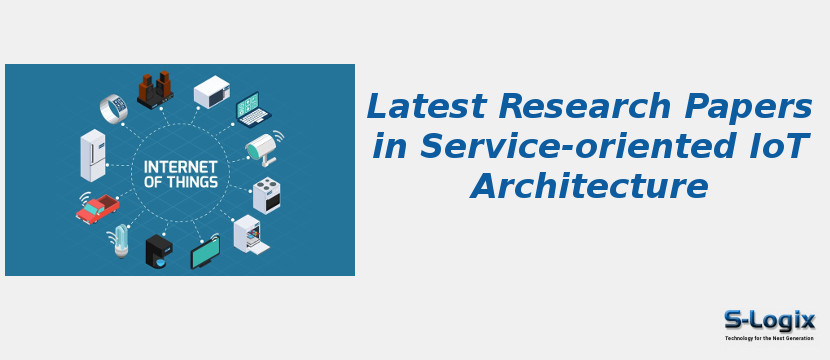Research papers in service-oriented IoT architecture emphasize the design and implementation of IoT systems where devices, applications, and services interact through modular, reusable, and interoperable service components. These works focus on integrating Service-Oriented Architecture (SOA) principles with IoT frameworks to enable flexibility, scalability, and seamless communication across heterogeneous environments. Studies explore how IoT devices expose their functionalities as services using web services, RESTful APIs, and microservice-based models, which allow dynamic discovery, composition, and orchestration of services in real time. A significant portion of research investigates middleware solutions that provide abstraction layers between physical devices and applications, handling tasks such as service registration, semantic annotation, interoperability, and quality of service (QoS) management. Advanced works highlight the role of cloud computing, fog computing, and edge computing in extending service-oriented IoT to support real-time analytics, latency-sensitive applications, and context-aware services. Security-aware service-oriented architectures are also widely studied, with attention to access control, authentication, privacy preservation, and blockchain-enabled trust models. Application-driven studies demonstrate how service-oriented IoT architectures are applied in healthcare for patient monitoring, in smart cities for resource management, in industry for adaptive automation, and in transportation for intelligent mobility solutions. Collectively, this body of literature reveals how service-oriented approaches transform IoT ecosystems into flexible, interoperable, and intelligent environments capable of adapting to diverse requirements and future technological evolutions.
